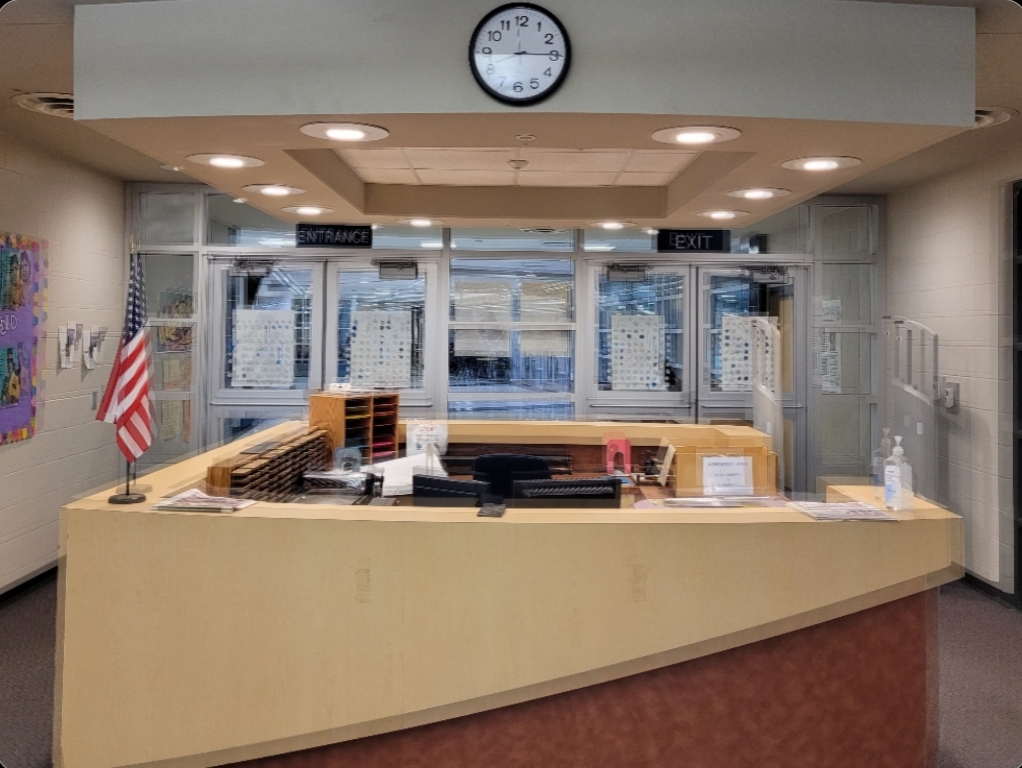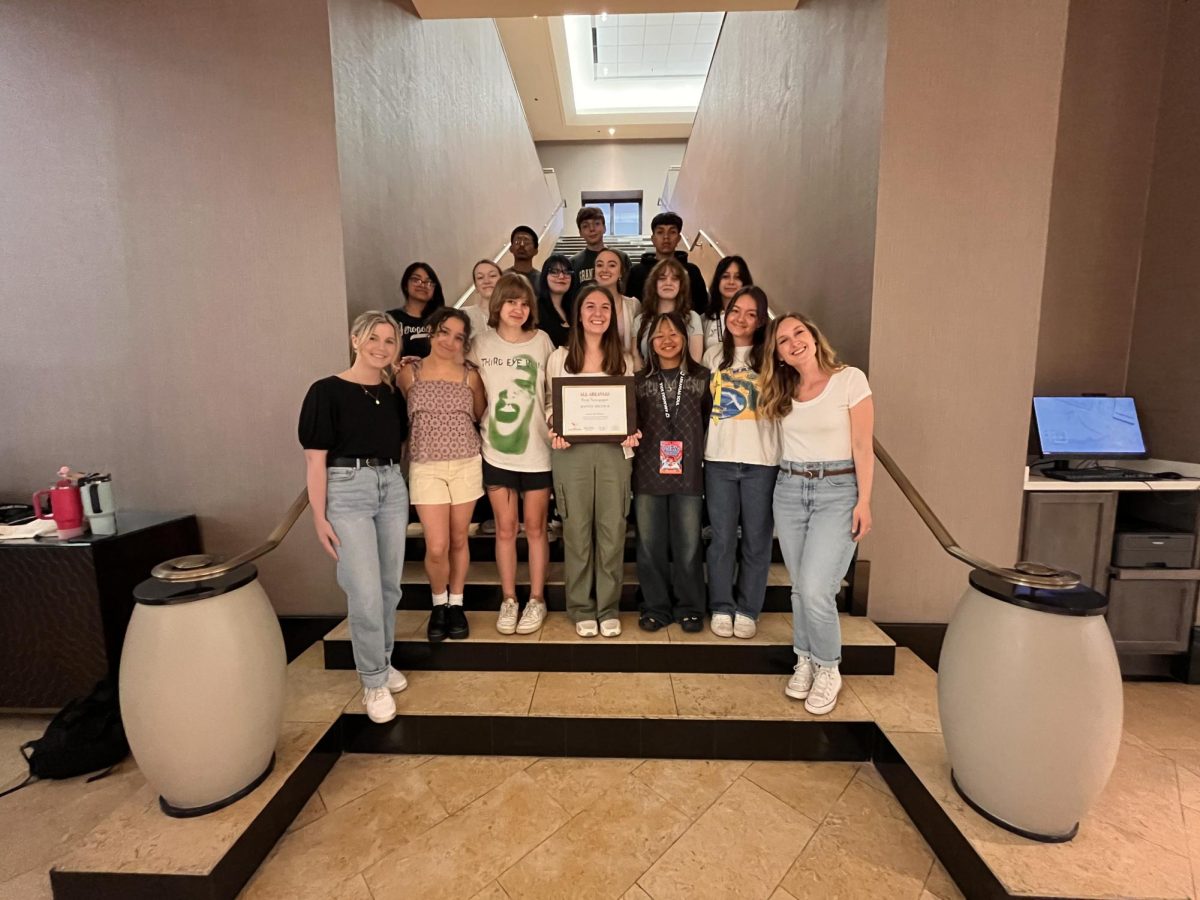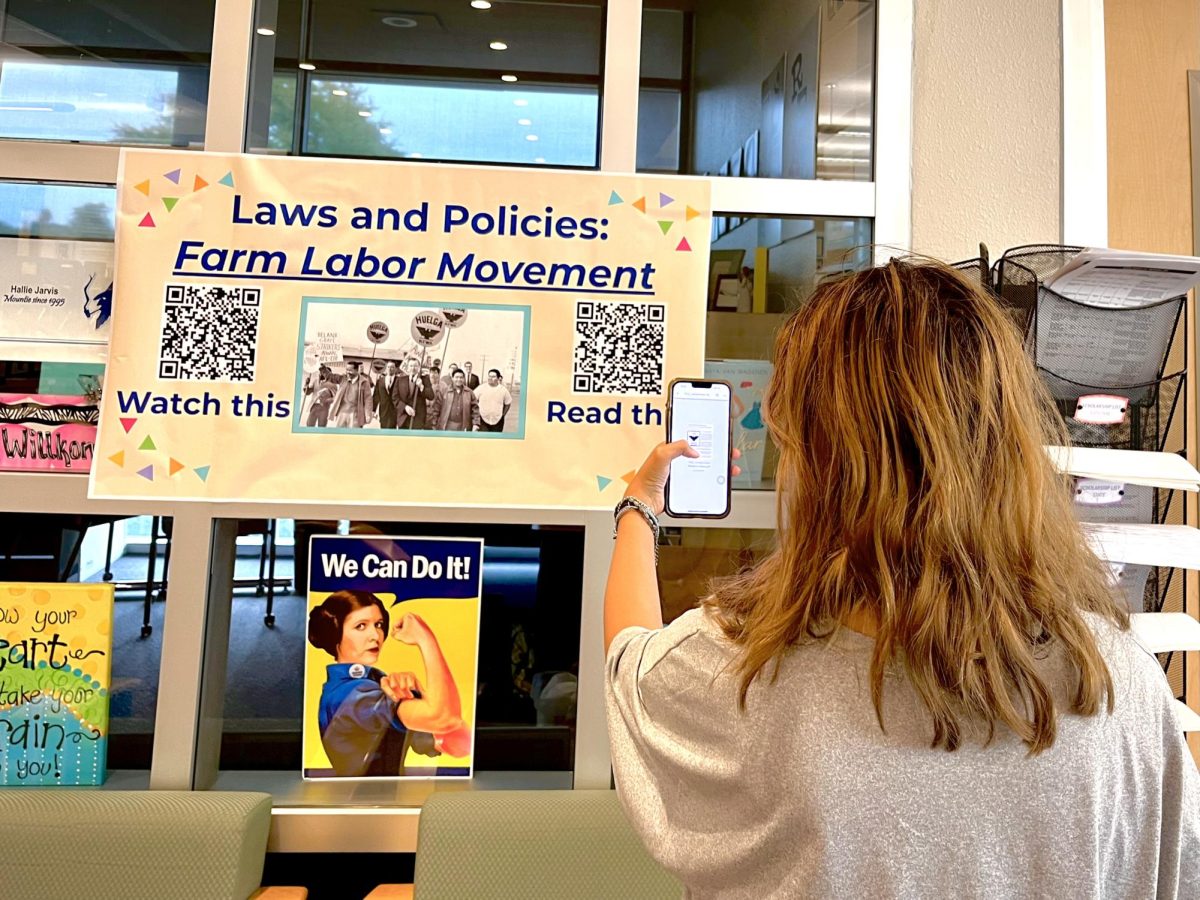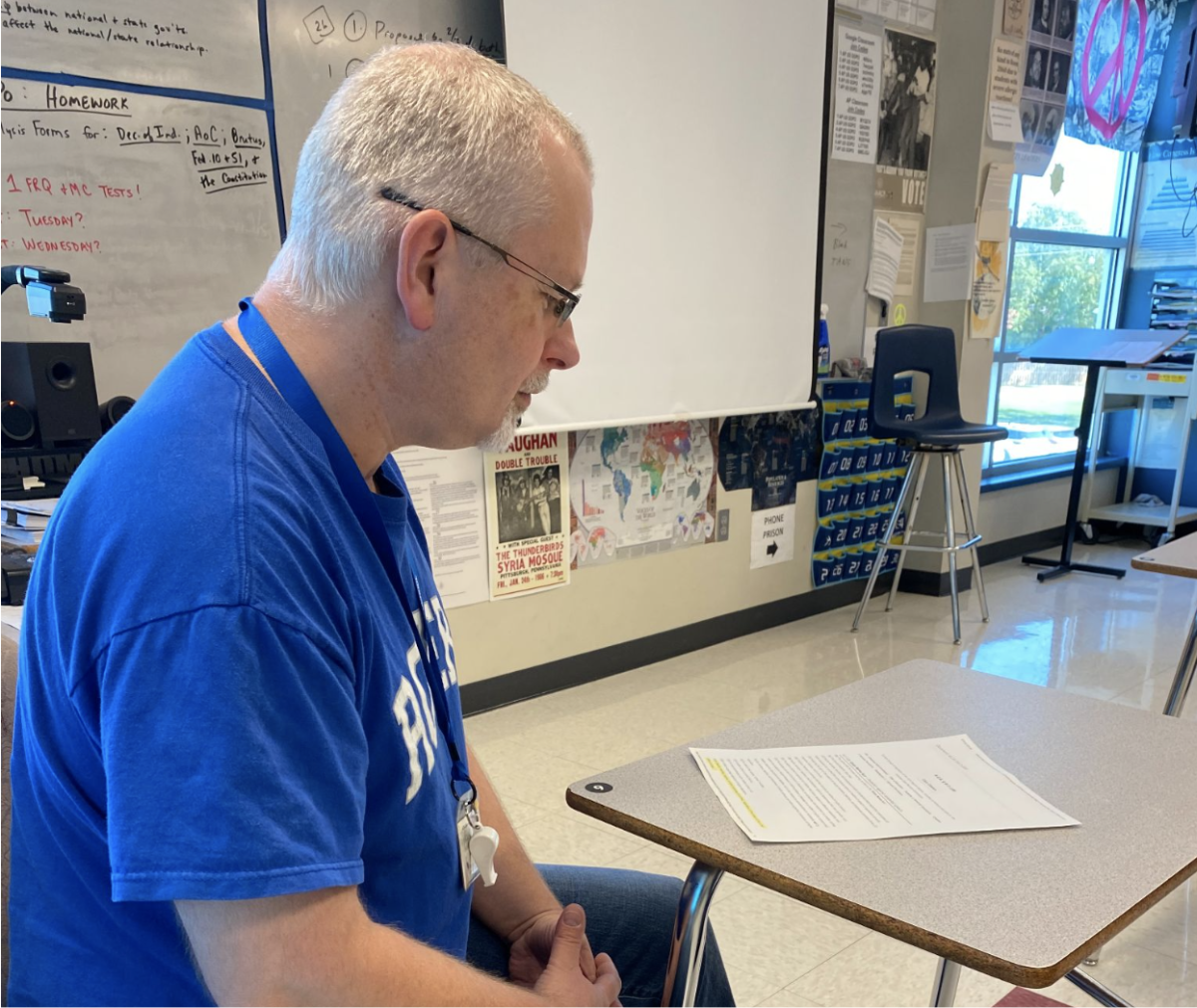The Rogers school board added 20 minutes to the school day for high schoolers and 10 minutes for middle schoolers, due to the amount of snow days that occurred during this school year. The added minutes went into effect March 4. Rogers High School closed five total days due to weather this school year, which would have caused summer to start later without the additional minutes added to the school schedule.
Arkansas Governor Sarah Huckabee Sanders signed the LEARNS Act into law March 8, 2023, which stated Alternate Method of Instruction (AMI) days would not count toward the required 1,068 in-person school hours, effectively removing AMI days as an option for making up snow days.
Steve Hookfin, dean of students at RHS, expects students and teachers to adjust to the change smoothly.
“At the end of the day, I don’t think students will really realize it – 20 minutes divided over seven periods, lunch and Mountie Time. I think it’s going to be one of those things that people notice maybe the first couple of days, but I think after that it’ll just become routine,” Hookfin said.
The added 20 minutes adjusted the bell schedule so that classes start and end at the five or 10 minute mark of each hour. The time increase made it so Rogers High School students are released from school at 3:50 p.m. every day. Hookfin said that this is a better alternative to AMI days due to the years of COVID, which caused challenges when students were forced to learn from home.
“There’s nothing like face-to-face instruction. As students, and as just people, we are kind of programmed to be around other people. I think that this gives us the opportunity to fix the situation on the front end,” Hookfin said.
This new schedule will also be in place next school year for Rogers High School students, in order to offer more leniency in case of more snow days where students are unable to attend school.
“Unfortunately, we didn’t anticipate having so many snow days early in the semester. But I think with this being in place next year, we’re going to continue this kind of bell schedule. So we’re allowed to be more proactive and have those days already built in,” Hookfin said.
Students are not the only ones being affected by the increased time. Teachers also have to have this change to their schedule. Natalie Olivieri teaches Advanced Placement environmental science, chemistry and student council at RHS.
“Teachers used to leave at 3:45 p.m. – so if I wanted to make a dentist appointment or something at 4, I could still make it usually. Just recently I’ve had to cancel a couple appointments because they were at 3:50 or 4:00 p.m. It makes it difficult as far as having a longer day,” Olivieri said.
The added time to the school day has allowed the schedule of the school year to go largely unchanged. Some teachers believe this change also makes more sense with AP tests coming up, rather than extending the school year into the summer. The flow of the school year is very important, and students who would have to come to school after testing and the scheduled final day would be unmotivated to come to school.
“It’s also a better use of our time than it would be in June. Coming [to school] in June or after AP testing and state testing is usually just wasted time and useless, or just not taken seriously at all,” Olivieri said.
However, with no alternative to the 1,068 in-school hours, students are not able to deviate too much from that amount of time, making it more difficult for students with jobs. Moises Sanchez, 11, works multiple days a week.
“As a working man, I have responsibilities after school that start very quickly after the day ends. Some days I’m called in at 4:30 p.m. and some days I’m called in at 5:00 p.m.. It’s really difficult when I have a 12 minute commute from school to my house not including traffic,” Sanchez said. “One day I was 30 minutes late to work because of [the extra 20 minutes].”
With long commutes from school and the traffic to work, there is not a lot of time for students to take a breather between school and work. While 20 extra minutes may not seem long, some students with full schedules of daily responsibilities feel that they get very little time for leisure.
“It gives me very little time, especially because my mother starts cooking right as I have to leave. So I don’t really have time to eat or do anything. And because I’m in three AP classes, I come home late at night and then just get to studying as soon and as much as I can,” Sanchez said.
A healthy balance of school-work life can heavily affect a student’s mood, and for some, the extended school day is challenging.
“I have to go back to school and get home late at night and then repeat the cycle over and over again,” Sanchez said.







